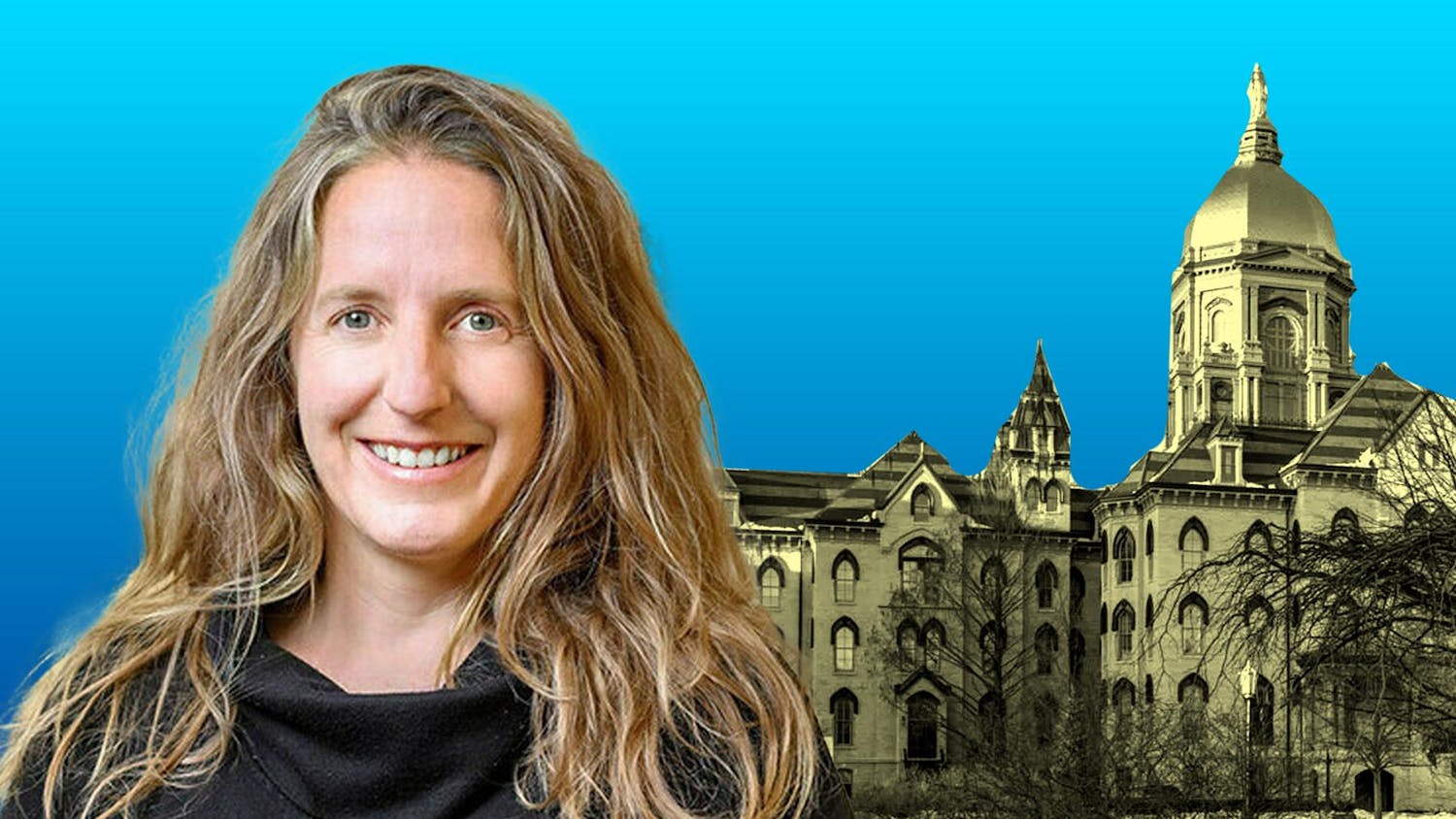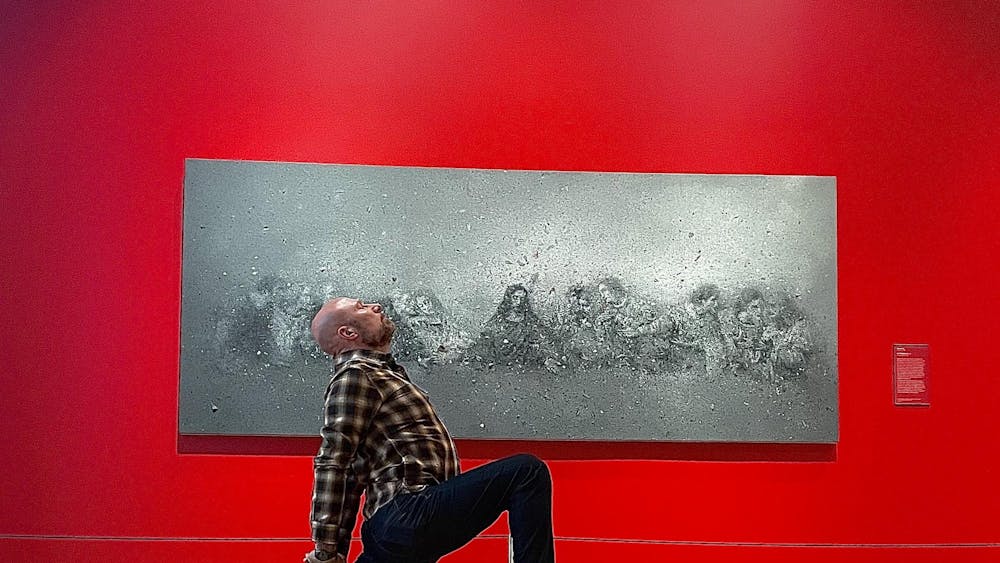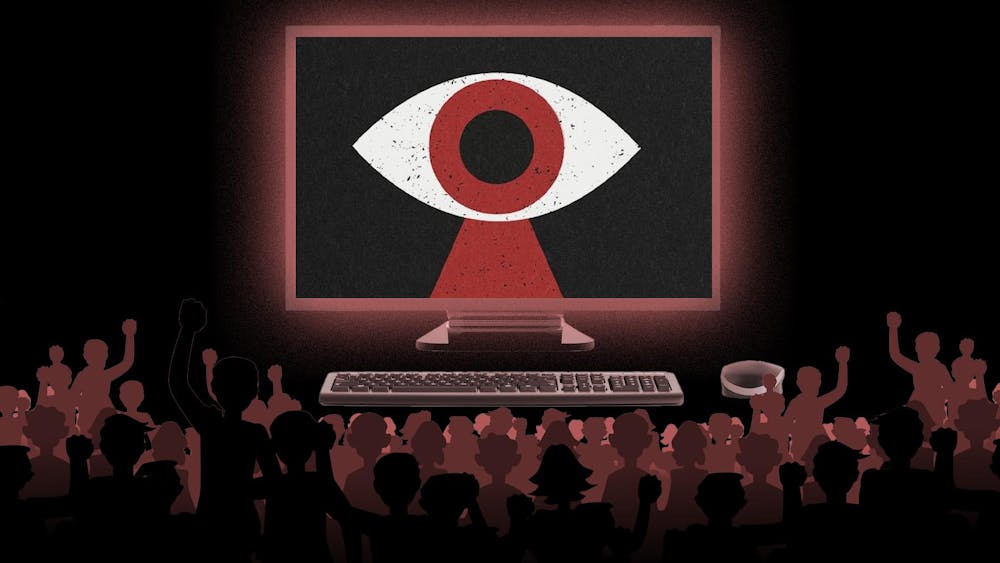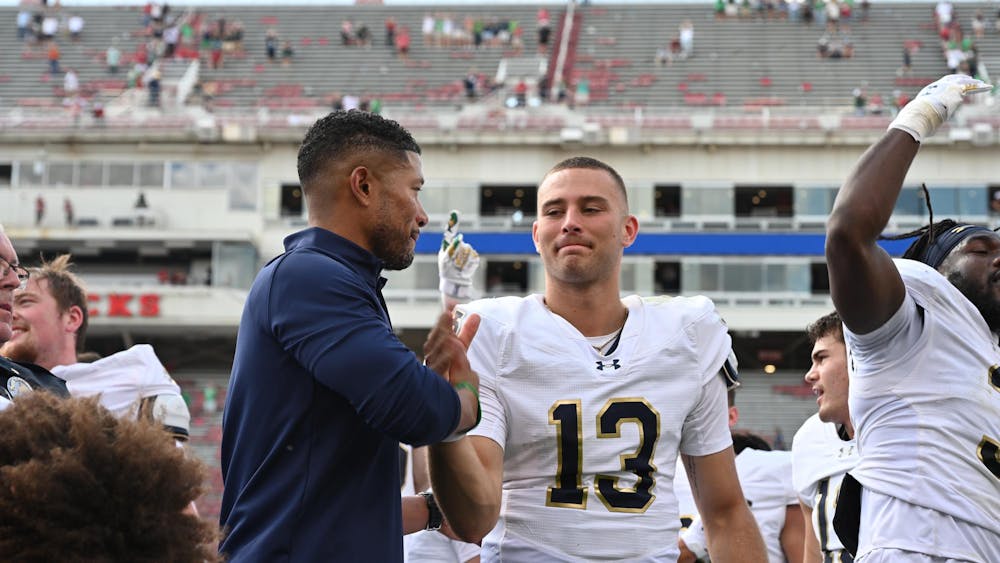The aduhan (أَذَان) at noon had just passed when I, together with my “God Has Many Names” group, entered a Muslim mosque for the first time in my life. The sunlight shone down on delicately weaved carpets whose graphic patterns were all facing the same direction. A man whose face was unseen kneeled down also in the same direction, and the sunlight shone on him, as well. It was transcendently beautiful beyond description, similar to my first experience in the Basilica.
I am not Muslim or Christian. To confess, when growing up, religion was the part of humanity to which I was barely exposed. I cannot and do not wish to speak about religious dialogue by representing one of those faiths. However, I want to share something from my summer in South Africa working with a “God Has Many Names” (GHMN) youth workshop.
GHMN aims to educate curious youth who live in notoriously dangerous township communities, to understand other religions and encourage respect for all. Among the participants there were Christians, Muslims, Jews and even the traditional Sangoma practitioners. I asked the participants why they signed up for the workshop in the first place. They said, “People often say that my God is better than your God back in the community. Or my Church is better than your Church. I just want to know whether it is true, because it really doesn’t sound right.”
“What is your answer to that question now?”
“We all have different religions, but really, we worship the same God. Everyone is equal.”
Granted, the claim of “we worship the same God” was a huge simplification. The GHMN program was inevitably situated in its demographic context of Semitic religions. With its limited resources, it also did not address the sophisticated theological differences within Semitic religions. In short, it was not the most comprehensive inter-religious education program. Yet the facilitators, organizing art events and field trips with local religious leaders and artists, managed to make the abstract religious differences engaging and fun to the curious young people. The outcome — genuine openness and curiosity of participants — showed me the nature of true inclusion. It is based on a sincere fundamental assumption that we share a common humanity, while acknowledging and learning about the differences we have.
But there are, of course, people who take an opposite view. In his provocative work “The Closing of the American Mind,” Allan Bloom suggested America has adopted “openness to closed-ness” in its liberal ideology. I found his argument quite illuminating and will try my best to articulate my interpretation as following: The absolute respect for diversity becomes a convenient cover for self-confinement, as people become disinterested in learning about “others,” since the differences don’t matter.
In the context of religious discourse, many Notre Dame institutions promote inter-religious understanding beyond “openness to closed-ness.” Regarding Christianity and Islam specifically, the Notre Dame theology department and the Keough School of Global Affairs both have pioneer Muslim religious scholars and summer immersion courses that address interfaith topics. Similar resources are also provided in Campus Ministry and the Center for Social Concerns. We really have access to a lot of resources here at Notre Dame to explore religious differences, with the assumption that those differences matter and that they add great value to our comprehension of human truth.
Back in Cape Town, the youth participants were living in a dominantly discriminative environment. They all had few resources to access and explore interfaith activities. I found myself wondering, would I have had their initiative to question my surroundings and to seek beyond my own confined community? I am not sure.
A less demanding question for myself is … or rather an open invitation for all of us is this: would we have the courage to reject close-minded disinterest in the “others,” and to openly explore these differences with the abundant resources we have here at Notre Dame?
Jiale Hu
Show Some Skin is a student-run initiative committed to giving voice to unspoken narratives about identity and difference. Using the art of storytelling as a catalyst for positive social change across campus, we seek to make Notre Dame a more open and welcoming place for all. If you are interested in breaking the silence and getting involved with Show Some Skin, email nreifenb@nd.edu
To explore God’s many names
The views expressed in this column are those of the author and not necessarily those of The Observer.









